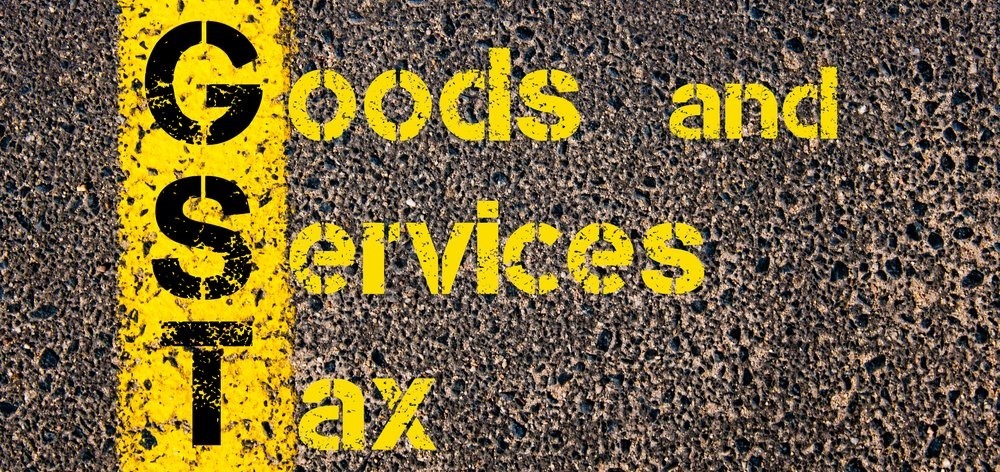GST Council Goes Soft On Rule Breakers; Tax Evasion Upto Rs 2 Crore Would Be Bailable!

Under the new GST regime, the date of implementation of which is still under doubt, is going softer on culprits of tax evasion and other soft crimes.
After a meeting of the GST Council, it has been decided that tax evasion of less than Rs 2 crore would be bailable offense, and non-bailable offenses would be limited to ‘forgery and non- deposit of collected taxes with the exchequer within the stipulated time frame.’
Under current rules, tax evasion upto Rs 1 crore is bailable offense.
Note here, that under IPC 1860, forgery and cheating are non-bailable offense anyways, and bail can only be granted by the Court.
An official said, “In case of offences where the amount does not exceed Rs 2 crore, the person arrested for violation of GST laws will be entitled to bail,”
As per some analysts, this soft-approach for financial criminals have been adapted because GST laws would be new for any small-scale trader or businessman who doesn’t have the luxury of hiring a CA, and hence, he or she may skip over some rules unknowingly.
Maybe after couple of years, the rules under GST would be re-evaluated and realigned with the market realities.
Punishments Relaxed Under GST
The GST Council also decided to relax punishments for several other minor financial related offenses.
For instance, wrong input of tax creditor refund details, failure to furnish necessary documents would be now dealt with financial penalty. Earlier, it was decided that the culprit would be arrested for these minor errors.
Interestingly, if a person fails to deposit service tax of more than Rs 50 lakh, then the existing provisions enable the police to arrest the culprit; while in the case of excise duty, it is the discretion of commissioner to arrest the culprit.
Can New GST Rules Be Used To Harass Traders?
However, despite softening of punishments, some experts are claiming that ambiguous and unclear rules can pose bigger problems for the small trader, as the low-level law enforcement officials can misuse the rules to harass the businessman.
KPMG (India) Partner Indirect Tax Harpreet Singh said, “Whenever sweeping powers are given to officials with discretion and subjectivity, it is likely to result in rampant misuse of authority creating hardships for GST dealers”
Meanwhile, others are stating that the trader should be given some time to understand the laws, before implementing the provision of punishment.
PwC leader (indirect tax) Pratik Jain said, “To start with, there should be lighter penal provision for offences for at least two years as GST is a new tax regime and traders would need time to understand the law,”
Echoing these sentiments, Naushad Forbes, president of the CII said, “We believe the best way to control a firm is to have an independent firm to scrutinise the process and be accountable only to the GST Council. But even if one needs these provisions, can they be made quite simple and transparent so that there isn’t any scope for discretion and harassment..”
We will keep you updated as more details come in.
